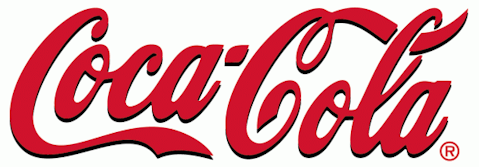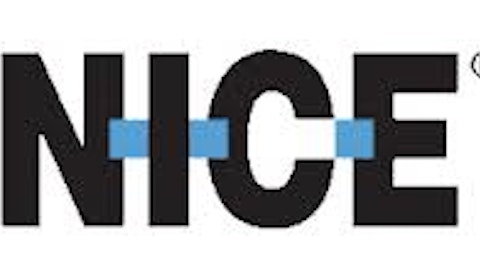Investors have been hoarding cash since the 2008 crisis. In Jan. 2013, for the seventh straight month in a row, mutual fund investors were net purchasers of fund assets, padding the coffers of bond funds with some $34.2 billion – for their strongest monthly net inflows in at least six years. Where did investors hide all that cash? Well, apparently in money market funds. Investors redeemed assets from money market funds at a furious pace of a net $4.8 billion.
Specifically, ETFs have now amassed more than $30 billion in junk bonds. Investors buy ETFs rather than directly buying bonds because they can do so faster and easier. They believe that these ETFs offer them more liquidity and diversification.

This race after anything that resembles yield has made bonds extremely expensive. Today, bonds held by these ETFs are already paying yields that are 2% lower than comparable bonds they don’t hold. That means, they’ve bid up the prices on the bonds they’ve been buying because there’s so little liquidity in that market. Average prices on junk bonds are now $105.60 – an all-time high.
You see, unlike stocks that theoretically don’t have any price cap, bonds can only offer investors the principle back plus a fixed interest. If bond prices are aggressively bid up, investors are bound to suffer capital losses later down the road. It’s an inevitable game.
Is this for real?
But junk bonds aren’t the only hot bonds out there. Corporate America was quick to recognize this sudden change in trend. If investors are so in love in bonds, then – why not give it to them at attractive prices? Various mega companies with a pile of cash on their balance sheets, strong earnings power, and a very deep business moat are taking advantage of this opportunity. These companies are now able to sell their bonds at absolutely ridiculous yields to investors hungry for yield.
International Business Machines Corp. (NYSE:IBM), for example, achieved a record low coupon of 0.55% when it issued $1.5 billion of bonds with a maturity of 3 years, back in February 2012. In May, IBM did it again. The company sold $600 million of 7 year notes with a coupon of 1.875%. Dealogic, the research group, said the sale was at the lowest rate for bonds of that maturity issued in dollars.
But IBM is not the sole player of this game. The Coca-Cola Company (NYSE:KO) was quick to join too. On March 9, 2012, Coke issued $1 billion of 3 year notes paying an annual coupon of 0.75%. A great bargain for Coke, of course. Investors paid through the nose and are sure to lose money year over year to inflation. As of now, Coke currently has total debt of $28.5 billion. Over the past five years, the total debt has increased by 306%.
But Microsoft Corporation (NASDAQ:MSFT) is the ultimate shining star in the bond market. As one of very few companies that carry the ultimate AAA label from rating agencies, Microsoft is really the gorilla in the room. In Nov. 2012, it raised $2.25 billion of fresh debt from the market at rates ranging from 0.875% for 5-year notes, to 2.125% for 10-year notes. These rates are uncomprehensible.
The Foolish conclusion
When inflows to bond funds become that aggressive and when bond spreads shrink substantially, it’s time to pay attention and walk away. I believe the bond market will suffer in 2013. I recommend you put your money elsewhere.
The article Stay Away From Corporate Bonds! originally appeared on Fool.com and is written by Shmulik Karpf.
Copyright © 1995 – 2013 The Motley Fool, LLC. All rights reserved. The Motley Fool has a disclosure policy.




